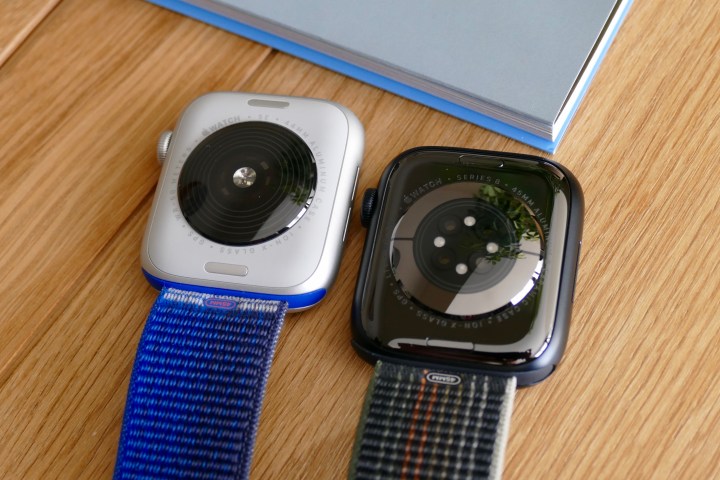The Apple Watch’s SpO2 sensor that allows wearers to measure their blood oxygen levels was impressive when it first debuted, but it may be even more accurate than initially marketed.
According to a recent study, the Apple Watch’s blood oxygen reader is comparable to medical-grade pulse oximeters. Although Apple Watches shouldn’t be used in lieu of official medical devices, it’s nice to know that the readings they’re displaying are accurate enough to be reliable.

First reported by 9to5Mac, the study was published this month in the Digital Health journal and sought to compare a “commercially available smartwatch” to a medical-grade pulse oximeter. The watch the study used was the Apple Watch Series 6, the first of Apple’s smartwatches to include an SpO2 sensor, which is over two years old at this point.
The results of the study showed that the Apple Watch “can reliably detect states of reduced blood oxygen saturation with SpO2 below 90% when compared to a medical-grade pulse oximeter.” To come to that conclusion, the study used 24 healthy participants, each one wearing an Apple Watch Series 6 on their wrist and clamped a Masimo Radical-7, a common pulse oximeter, on the middle finger of the same hand. The participants then did various breathing exercises to manipulate their blood oxygen levels to see how the Apple Watch performed when compared to the Masimo Radical-7. By the end of the tests, there were 642 blood oxygen readings to compare.
To reiterate: If you’re looking for a fully accurate blood oxygen level reading, it’s still best to use a proper medical device. But the results of the study show that Apple’s wearable tech is certainly moving in the proper direction for providing accurate medical information. In addition to the SpO2 sensor, Apple Watches provide alerts for irregular heartbeat rhythms that may suggest atrial fibrillation, medication intake reminders, and sleep tracking.
While Apple doesn’t claim that any of its devices can be used as concrete medical readers, the features that have been added to Apple Watches, in particular, are extraordinarily useful for those looking to monitor their bodily functions and have informed conversations with healthcare providers should they discover anything noteworthy.



